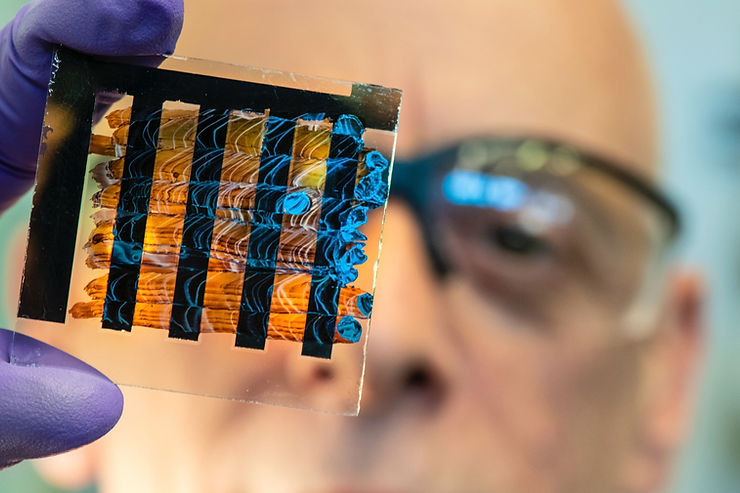By: Emily Wan
“It’s going to disappear. One day — it’s like a miracle — it will disappear,” said former President Trump on February 27, 2020, even as many health officials warned of the contagiousness of COVID-19. As the virus spread rapidly, Trump continued to repeatedly downplay the dangers of the pandemic. While his often-optimistic language assuaged the fears of many Americans, it did nothing to hinder the spread of the virus. According to the CDC, the COVID-19 pandemic has claimed the lives of around 1.1 million people, and scientists suggest a third of those could have been prevented. The US’s sluggish response to the pandemic due to political factors serves as a reminder and a warning: when politicians play politics with American lives, Americans will be the ones to pay the price.
As the pandemic ravaged the US and upturned millions of lives, the development of a vaccine was seen as a welcome sign that the situation would improve. The Pfizer-BioNtech COVID-19 vaccine was made available under Emergency Use Authorization to individuals 16 and under on December 16, 2020. Even though the vaccine was proven safe and effective through rigorous trials, many Americans were hesitant to receive it. Top political leaders, mostly conservative, aggravated the situation by launching concerted efforts against vaccination. For example, Texas Governor Greg Abbott made all COVID-19 vaccine mandates in his state illegal, and Florida Governor Ron DeSantis called a grand jury to investigate the safety of the vaccines. Additionally, even before the rollout of the vaccines, a study showed death rates in conservative-leaning counties were three times higher than those of liberal leaning counties. This phenomenon could be attributed to a variety of factors, including the Republican Party’s hesitancy to implement mask mandates and social distancing. Through their often politically charged statements, these leaders were often inadvertently risking the lives of their own constituents.
Polarization of the US political climate during the pandemic has also had lasting effects on public trust in scientific institutions. Before the pandemic, Democrats and Republicans had around the same confidence levels for medicine. Although in 2022, Republicans’ confidence in medicine sharply decreased to 26%, while Democratic confidence remained 46%, around pre-pandemic levels. Science is an area where bipartisanship is of utmost importance, and its gradual polarization has concerned many experts in the field. Sudip Parikh, CEO of the American Association for the Advancement of Science, regarded the drops in confidence as “disappointing, but not surprising” and thinks the stakes are high for rebuilding American trust in science.
Sources:











